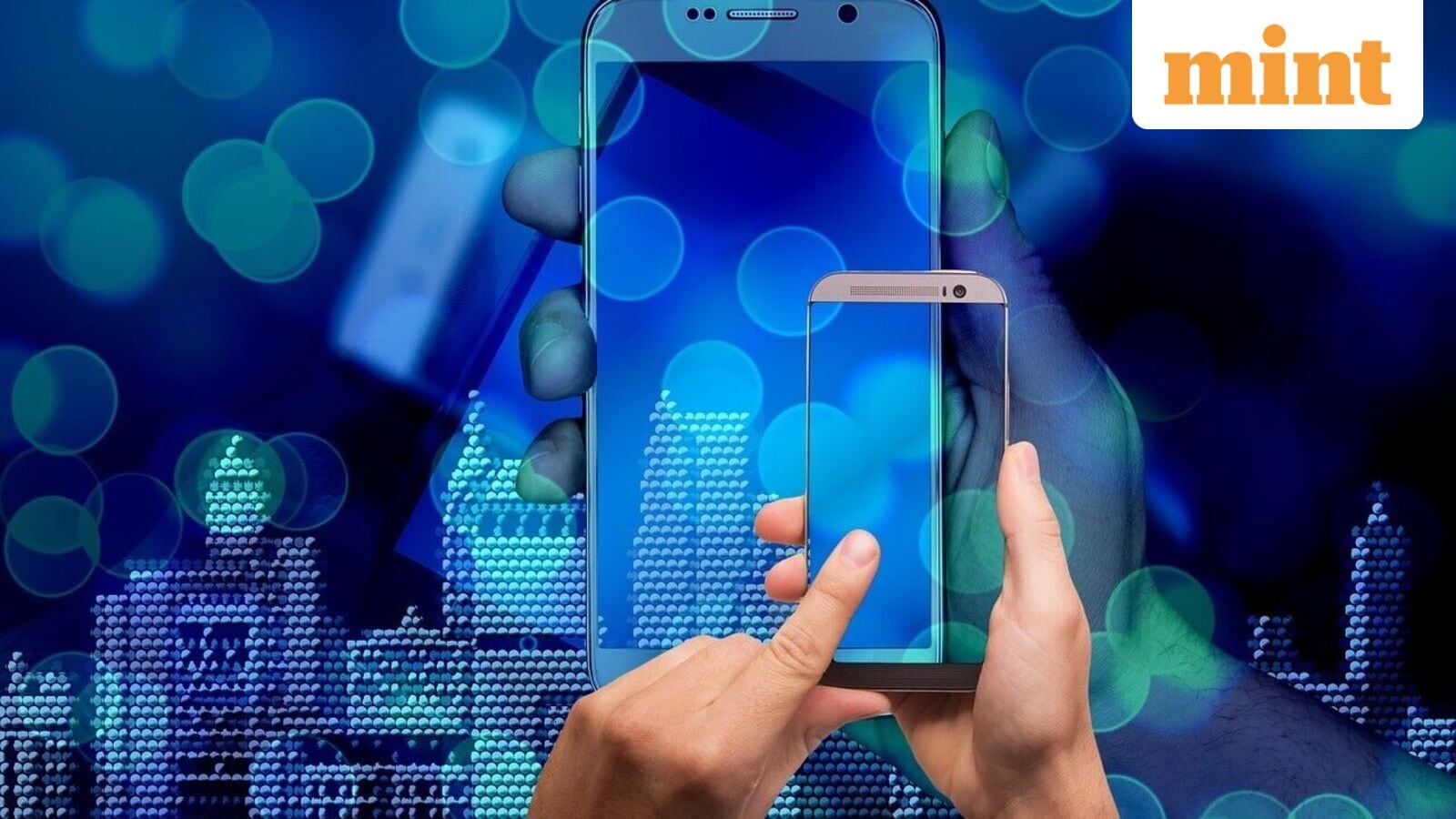Science
Teens Face Digital Detox: Unpacking Social Media’s Impact

Social media has become an integral part of teenagers’ lives, shaping how they connect and express themselves. Yet, increasing evidence points to significant negative effects on their mental health. Research indicates that nearly 40 percent of young people exhibit symptoms of smartphone addiction, leading to anxiety, sleep deprivation, and low self-esteem.
Dr. Ajit Dandekar, Head of Mental Health at Nanavati Max Hospital in Mumbai, emphasizes the need to address this growing issue. He explains that the algorithms behind social media platforms are designed to keep users engaged, which can rewire the brain’s reward system. As a result, what starts as simple curiosity can spiral into an obsession, mimicking addiction-like behaviors.
Understanding the Connection: Social Media and Mental Health
The psychological implications of excessive screen time are profound. Clinically recognized as technostress, this phenomenon arises from constant connectivity and the fear of missing out (FOMO). While teenagers often feel compelled to stay online to avoid feelings of exclusion, this behavior paradoxically increases anxiety and promotes unhealthy comparisons, undermining self-esteem.
Research also suggests that overuse of technology can lead to “digital dementia,” characterized by attention problems and impaired memory. The brain’s reward system is further engaged through dopamine surges from likes and notifications, creating a feedback loop resembling classic addiction pathways. Dr. Dandekar notes, “If a young person’s mood becomes contingent on receiving online validation, their sense of self-worth becomes increasingly unstable.”
Recognizing Smartphone Addiction
Identifying the early signs of smartphone addiction can be critical in preventing escalation. Those at risk may find themselves reaching for their phones immediately upon waking or feeling anxious when unable to access the internet. Other warning signs include procrastination, neglecting studies and real-world relationships, and reflexively checking for notifications, even when none are present.
Dr. Dandekar highlights that when one’s phone controls their mood or productivity, it shifts from being a tool to a tether. As tolerance develops, users may require increased screen time to achieve satisfaction, leading to potential conflicts with authority figures regarding their smartphone use.
The Benefits of a Digital Detox
A structured break from digital devices, often referred to as a “digital detox,” has shown measurable mental health benefits. For instance, participants in a two-week study who abstained from social media reported a 21 percent decrease in depressive symptoms and improved attention spans. Another review indicated reduced anxiety, depression, and procrastination following just a week of mindful disengagement.
Despite initial withdrawal symptoms, such as heightened cravings and restlessness, most individuals adapt within days, experiencing lower stress levels and rediscovering offline pursuits like hobbies and family interactions. The goal of a digital detox is not to eliminate technology entirely but to promote mindful and moderate use.
Steps to Initiate a Digital Detox
To begin a digital detox, individuals can establish practical limits, such as setting “phone-free windows” during meals, study times, or before bed. Reducing non-essential notifications can help minimize impulsive device checking. Engaging in physical activities, creative hobbies, or face-to-face socializing can also foster healthier dopamine release.
Tracking screen time with apps or built-in tools can provide insight into usage patterns, while designating no-phone zones, such as bedrooms, can enhance sleep quality. Additionally, sharing detox goals with friends or family can strengthen accountability.
Dr. Dandekar advises that “digital detox is not about rejecting technology; it’s about regulating its use.” It is crucial for parents and educators to model moderate usage, encourage non-digital interactions, and embed digital downtime as part of self-care rituals.
Rebuilding Psychological Resilience
Beyond alleviating stress, engaging in a digital detox can enhance psychological resilience, allowing teens to bounce back from challenges. By taking breaks from screens, young individuals can reconnect with mindfulness, strengthen real-world relationships, and regain control over their attention.
In a hyperconnected society, prioritizing moments of intentional disconnection may represent one of the most valuable connections we can forge with ourselves. This approach encourages teens to cultivate a balanced relationship with technology, enabling them to thrive in both virtual and real-world environments.
-

 World5 months ago
World5 months agoSBI Announces QIP Floor Price at ₹811.05 Per Share
-

 Lifestyle5 months ago
Lifestyle5 months agoCept Unveils ₹3.1 Crore Urban Mobility Plan for Sustainable Growth
-

 Science4 months ago
Science4 months agoNew Blood Group Discovered in South Indian Woman at Rotary Centre
-

 World5 months ago
World5 months agoTorrential Rains Cause Flash Flooding in New York and New Jersey
-

 Top Stories5 months ago
Top Stories5 months agoKonkani Cultural Organisation to Host Pearl Jubilee in Abu Dhabi
-

 Sports4 months ago
Sports4 months agoBroad Advocates for Bowling Change Ahead of Final Test Against India
-

 Science5 months ago
Science5 months agoNothing Headphone 1 Review: A Bold Contender in Audio Design
-

 Top Stories5 months ago
Top Stories5 months agoAir India Crash Investigation Highlights Boeing Fuel Switch Concerns
-

 Business5 months ago
Business5 months agoIndian Stock Market Rebounds: Sensex and Nifty Rise After Four-Day Decline
-

 Sports4 months ago
Sports4 months agoCristian Totti Retires at 19: Pressure of Fame Takes Toll
-

 Politics5 months ago
Politics5 months agoAbandoned Doberman Finds New Home After Journey to Prague
-

 Top Stories5 months ago
Top Stories5 months agoPatna Bank Manager Abhishek Varun Found Dead in Well









